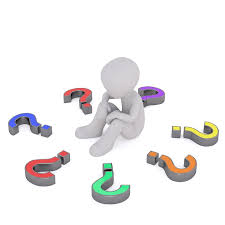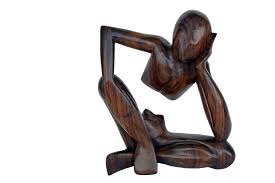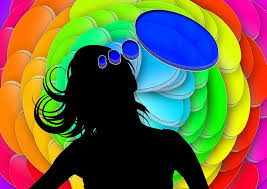Let’s talk about the tragic confrontation last week between a group of Catholic high school boys and an elder Omaha man. I understand the visceral outrage felt by so many as they watched a young kid smirk and harass an honored war veteran. I also understand the impulse to protect youth, to allow children to make mistakes.
Not long after the video went viral, people began threatening the kids with violence, trying to find their personal information and publish it, and expressing a wish for the kids to be expelled or worse. One man tweeted: “A not-so-modest proposal. The school should close. Permanently.”
I don’t have an opinion on what should happen to the school because I don’t have enough information to make an opinion.
Inevitably, the social media consensus decided the kids, the parents, and most likely the school were all racists. One of the boys’ mothers responded to the outcry by saying the kids had been themselves harassed by “black Muslims” and that the elderly man “drummed in his face.” In an email, she told a reporter, “You are ruining a boys (sic) life for fake news. Hate spreads like wildfire.” Someone else responded to me on Twitter, saying, “These kids never responded with a hint of racism.”
Calling someone racist is a sometimes-necessary act. I was talking to a man yesterday about how to handle offensive comments. He is Indian-American and often hears ignorant references to India or Indians. “I don’t say anything,” he told me. “I shut my mouth and walk away. Most of the time, it’s not worth it.”
I tell him that I take the opposite view. I am black and Jewish, with enough white ancestry to make my skin fair and my nose European. People often say things to me that they shouldn’t, assuming that I am a member of their tribe. I always explain, as kindly and gently as I can, that they’ve said something offensive and possibly racist.
The knee-jerk reaction is almost universally the same: “No, I’m not racist,” followed by a list of reasons why they cannot be racist. I’d like to flip that script and encourage people to stop responding with a blanket denial of “I’m not racist.”
I’m not suggesting that every accusation of racism is justified or fair, and I’m also not suggesting that you stand back and take abuse without defending yourself. I am saying, though, that you are, in fact, biased against other people, so stop before you immediately deny it.

All of us are biased in some way, regardless of our ethnic or cultural background. We are biased for or against people based on their weight, their attractiveness, their height, what school they went to, what car they drive, how similar/dissimilar they are to us… and the list goes on.
Our human brains were designed to make snap judgments about others in order to determine whether they are part of our extended tribe or not, whether they are dangerous or not. In order to overcome that, you have to accept that your brain makes these assumptions and then consciously think it through more carefully.
At a conference on unconscious bias in 2012, Dr. David Williams of Harvard said that, if you find you are biased against someone else, “Welcome to the human race. It is a normal process about how all of us process information. The problem for our society is that the level of negative stereotypes is very high.”
The consequences for acting on those stereotypes are high as well. White people are more likely to feel threatened by the mere presence of a person of color, for example, and that’s why law enforcement is so often called and why so many unarmed African-Americans are shot by police who may instinctively but illogically feel threatened. The initial gut reaction is fear: there is no tempering thought process at the moment, and so the response is based on fear that is based on bias and stereotypes.
That’s why I always tell people when they’ve said something offensive: willful ignorance about one’s own biases can be dangerous and, in some cases, deadly. This is why, when someone accuses you of racism, perhaps the best response is not immediate denial, but thought and consideration.
I have been accused of racism in the past. I’ve not always dealt with it well, but in the instances that were most constructive for me, I took the time to consider if I’d said or done something based on my unconscious biases instead of my conscious thought.
If we are to make progress, we must start by acknowledging that we are all biased in ways we may not understand or even be aware of. Constantly denying our bias is a shocking waste of time. We are wasting time.
We throw around the phrase “teachable moment” too much, so I won’t make use of that cliché. But I’d like to suggest that, in the future, when you’re accused of saying or doing something offensive (read: something that hurts another person or group), stop and take a breath before you respond. Try to see it as an opportunity to learn more about yourself or someone else. Why do they feel that way? What are the biases that led you to say that thing or do that thing?

You are biased. So am I. So’s the person next to you. Even my dog is biased: she despises all squirrels and never bothers to talk to them before making her judgment. We are all flawed, illogical and biased human beings.
Maybe that’s the common ground upon which we can start creating new relationships.

